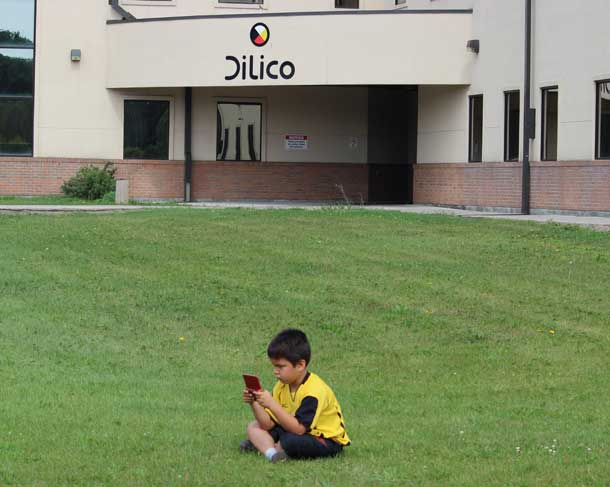OTTAWA – The Assembly of First Nations (AFN) and the First Nations Child and Family Caring Society (Caring Society) have released a new Final Settlement Agreement (FSA) to provide compensation to approximately 300,000 First Nations children, youth, and families who suffered discrimination due to Canada’s flawed approach to First Nations Child and Family Services (FNCFS) and Jordan’s Principle. The settlement is valued at over $23 billion, including an additional $3 billion in compensation secured through the collective efforts of the AFN and Caring Society.
AFN Manitoba Regional Chief Cindy Woodhouse expressed satisfaction with the new FSA, stating, “Through the collective efforts of the AFN and Caring Society at the negotiating table, we have secured an additional $3 billion for compensation. I firmly believe we have reached the best possible agreement to compensate our children and families harmed by Canada’s discrimination.” She added that the AFN has taken the First Nations’ direction to be involved in the process, and the new FSA will be presented at the upcoming Special Chiefs Assembly for approval.
The compensation recognizes the serious harms suffered by First Nations children, youth, and families, including unnecessary family separations and the denial of life-saving and life-wellness services. Dr. Cindy Blackstock, Executive Director of the Caring Society, emphasized the importance of the compensation to “truly honour” Residential School and 60’s scoop survivors and ensure that “This is the last generation of First Nations children who are hurt by the Government of Canada.”
Blackstock also acknowledged the courage and perseverance of the victims and survivors of Canada’s discrimination and the Representative Plaintiffs who stood up for eligible class members.
The AFN and Caring Society look forward to taking the new FSA through the approval process at the Canadian Human Rights Tribunal and the Federal Court of Canada to ensure that the compensation is provided to the children and families who deserve it. They also pay tribute to those who have passed on, including Jordan River Anderson, founder of Jordan’s Principle, before receiving the justice they deserved.
The settlement would work out to $7,666 per individual.
Background on Jordan’s Principle
Jordan’s Principle is a Canadian child welfare principle named after Jordan River Anderson, a young Cree boy from Norway House First Nation in Manitoba. Jordan was born with multiple disabilities and required constant medical attention. However, due to jurisdictional disputes between federal and provincial governments, he was forced to stay in a hospital for over two years, instead of being able to receive care at home with his family. Tragically, Jordan died in the hospital without ever being able to go home. Jordan’s Principle was developed to ensure that children with complex medical needs receive timely and appropriate care without delay caused by disputes between different levels of government.
The principle was first endorsed by the Canadian House of Commons in 2007, and in 2016, the Canadian government enacted Jordan’s Principle as law. It requires that “First Nations children living on or off reserve, who require health or social services, will receive those services without delay or disruption caused by jurisdictional disputes.” The principle is grounded in the United Nations Convention on the Rights of the Child and aims to ensure that all children have access to the same standard of care, regardless of their race, ethnicity, or place of residence.
Despite the enactment of Jordan’s Principle, there are still many ongoing issues with its implementation. Indigenous children continue to face disparities in health and social services, and there are still disputes between federal and provincial governments over funding and jurisdiction. Advocates for Jordan’s Principle continue to work towards ensuring that the principle is fully implemented, so that no child is denied the care they need due to jurisdictional disputes.







